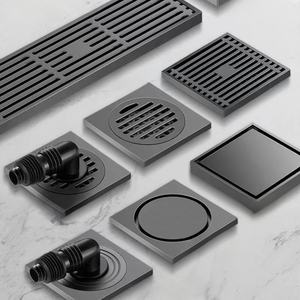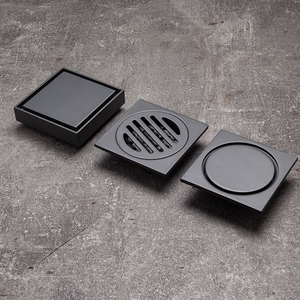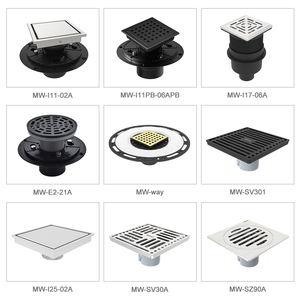Introduction to Making Shower Floor
Making shower floor is a critical aspect of every bathroom renovation or construction project, ensuring that the space doesn't only look appealing but also functions effectively. A well-constructed shower floor can prevent water pooling, provide a non-slip surface, and add to the overall aesthetics of the bathroom. In this comprehensive guide, we will explore various types of materials commonly used, their applications, significant features, and some advantages associated with quality shower floor design.
Types of Materials for Making Shower Floor
When it comes to making shower floors, various materials cater to differing styles, budgets, and functionalities. Here are some popular choices:
- Tile: Ceramic, porcelain, and mosaic tiles are widely used due to their waterproof nature and design versatility.
- Natural Stone: Options like granite, marble, and slate offer a luxurious aesthetic but require regular sealing to prevent moisture damage.
- Vinyl: A cost-effective, easy-to-install option, vinyl can mimic the appearance of tiles or stones while being highly resistant to water.
- fiberglass: Lightweight and durable, fiberglass shower bases are a popular choice for quick installations due to their one-piece construction.
Applications of Making Shower Floor
The application of properly designed shower floors extends beyond mere aesthetics. They play a vital role in a bathroom's overall functionality:
- Residential Use: Ideal for both master and guest bathrooms, ensuring safety and a pleasing ambience.
- Commercial Use: Common in hotels, gyms, or spas, where high traffic and water exposure are prevalent.
- Accessible Showers: Special considerations can be made for those with mobility challenges, creating a seamless transition that enhances safety.
Features and Advantages of Making Shower Floor
Choosing the right material and design for your shower floor comes with substantial benefits:
- Water Resistance: Effective materials prevent water from seeping through, which is crucial for maintaining a mold-free environment.
- Slip Resistance: A textured surface can significantly reduce the risk of slipping, ensuring user safety during showers.
- Aesthetic Appeal: With an array of designs and colors, you can easily complement your bathroom's overall decor.
- Easy Maintenance: Many modern materials are designed for easy cleaning, making upkeep a breeze.
How to Choose the Right Shower Floor for Making Shower Floor
Selecting the right shower floor involves careful consideration of several factors:
- Style: Reflect on the overall theme of your bathroom to choose a shower floor that complements it.
- Budget: Determine your spending limit as prices for materials can vary widely; prioritize both aesthetics and durability.
- Maintenance: Assess how much time and effort you're willing to spend on maintaining the surface; some materials require more attention.
- Slip Resistance: Always look for materials with a texture or finish designed to prevent slips, especially in homes with children or elderly residents.
In summary, making shower floor choices should be based on a well-rounded understanding of materials, applications, features, and careful selection criteria. By investing in a thoughtfully designed shower floor, you not only enhance the utility of your bathroom but also elevate its style and comfort.












































